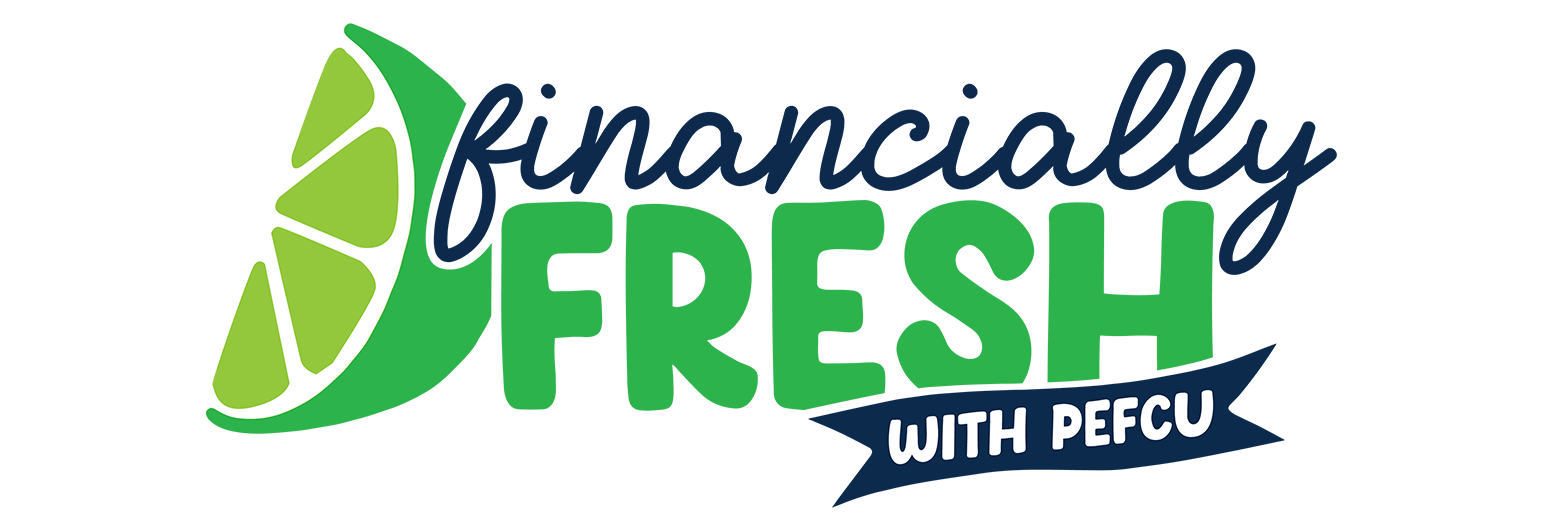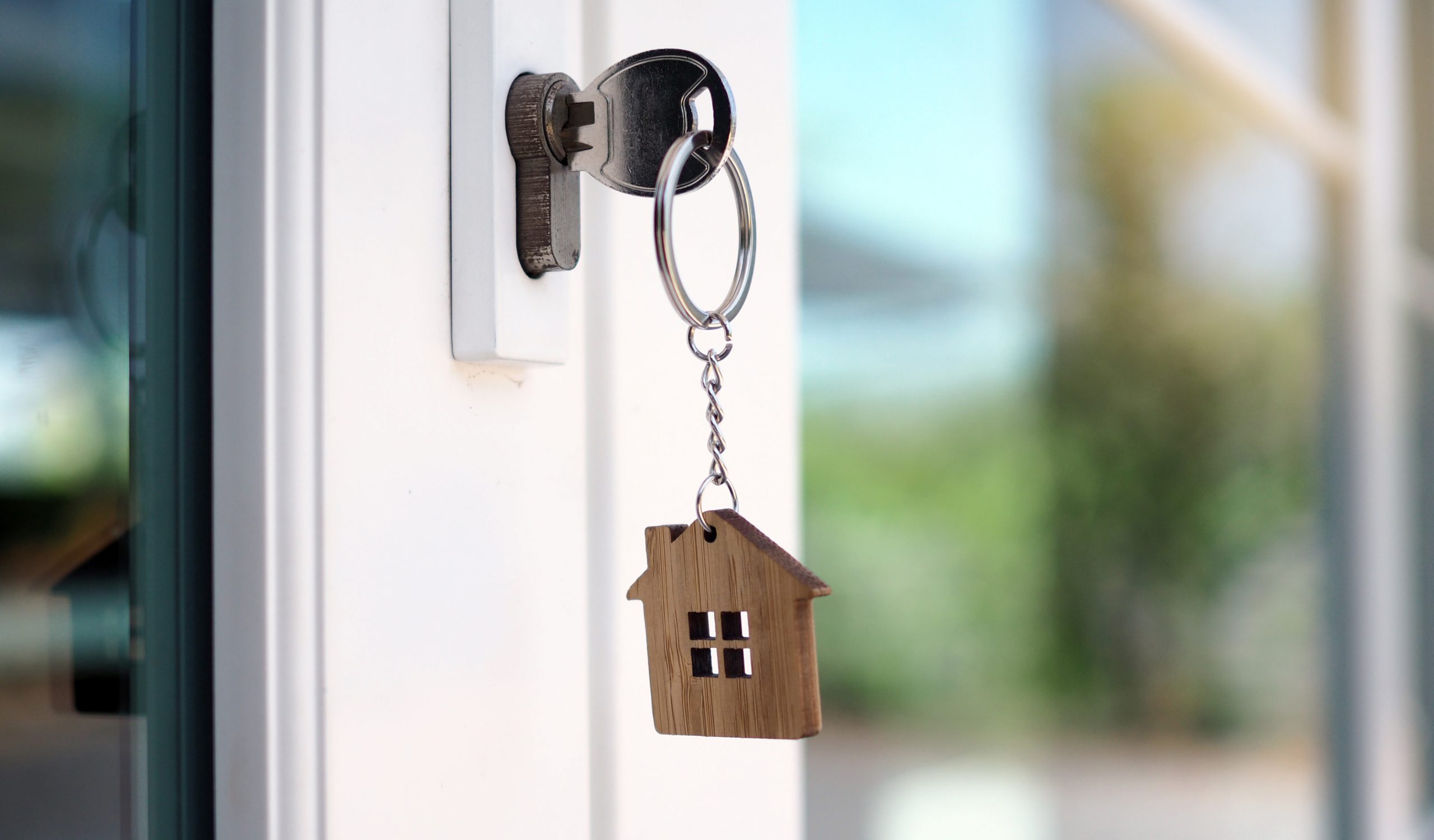May 31, 20215 Hidden Costs of Homeownership
If you enter just the price of a house in a mortgage calculator, you might think that the cost of owning a home is less than renting. Well, not so fast. While the pros of being a homeowner include investment in generational wealth, a sense of stability, and predicable mortgage payments, keeping up a home takes a lot of work—and money.
Budgeting for your new house requires you to think about more than just loan principal and interest payments. Let’s go over the hidden costs of owning a home so that your dream home doesn’t become a financial nightmare.
Look Out for These 5 Hidden Costs of Owning a Home
Along with your monthly mortgage payments, include these easy-to-miss homeownership costs when budgeting:
- Property Taxes: Property taxes vary by city, county, or even by the school district. If you can’t find the current property taxes on the home listing, ask your realtor. Owners may have to pay multiple property taxes to the school district, water district, and so on. Add the annual total, divide by 12, and then add that figure to your monthly payments. These days, most lenders, like PEFCU, will give you their best estimate during the loan approval process.
- Homeowner’s Insurance: PEFCU, like all mortgage lenders, will require you to buy homeowner’s insurance. Even if you pay cash, it would be wise to buy insurance to protect your investment. If you live in a high-risk area for flooding, windstorms, and other hazards, you may need more than just a basic policy. You can check out the FEMA flood map, which is updated annually, to find out if your new home will be at risk for flood damage. Get a few different insurance quotes to compare prices and coverage.
- Maintenance: After buying your house, you won’t have a landlord to make sure the grass is mowed, the roof and gutters are cleaned, or your AC filters are replaced regularly. You’d also have to pay out of pocket when large appliances, like the HVAC, need to be serviced or replaced. Ask your new neighbors how much they pay for routine maintenance.
- Repairs: While your homeowner’s insurance protects your wallet against major hazards, it won’t replace your broken air conditioner or garage door in most cases. You could buy a home warranty, which would help make costs more predictable, but remember to add warranty costs to your monthly budget. Since it’s hard to predict average repair costs, it is best to have an emergency fund set up BEFORE you close on your house. PEFCU offers secondary savings accounts that can help you start saving for rainy days.
- Furnishings: If you plan to move from an apartment to a house, you probably don’t already own enough furnishings for the extra rooms you hope to enjoy. While waiting to furnish the den or extra bedroom may be tolerable for you, you may need drapes or shades and other fixtures right away unless they come with the house. Always check the listing and contract to confirm what the sale includes. Also, budget for move-in costs and any other unexpected expenses may arise.
We’re Here to Help!
Are you ready to become a homeowner? If so, your first step is to get a pre-approval from PEFCU. We’ll show you how much you can afford to spend, help you estimate closing costs, moving expenses, and more. And don’t forget, if you are already a homeowner, refinancing with PEFCU could save you money, too.
Stop by, apply online, or give us a call at 1-800-226-6673 to get started.
Each individual’s financial situation is unique, and readers are encouraged to contact PEFCU when seeking financial advice on the products and services discussed. This article is for educational purposes only; It does not constitute legal advice. If such advice or a legal opinion is required, please consult with competent local counsel.


